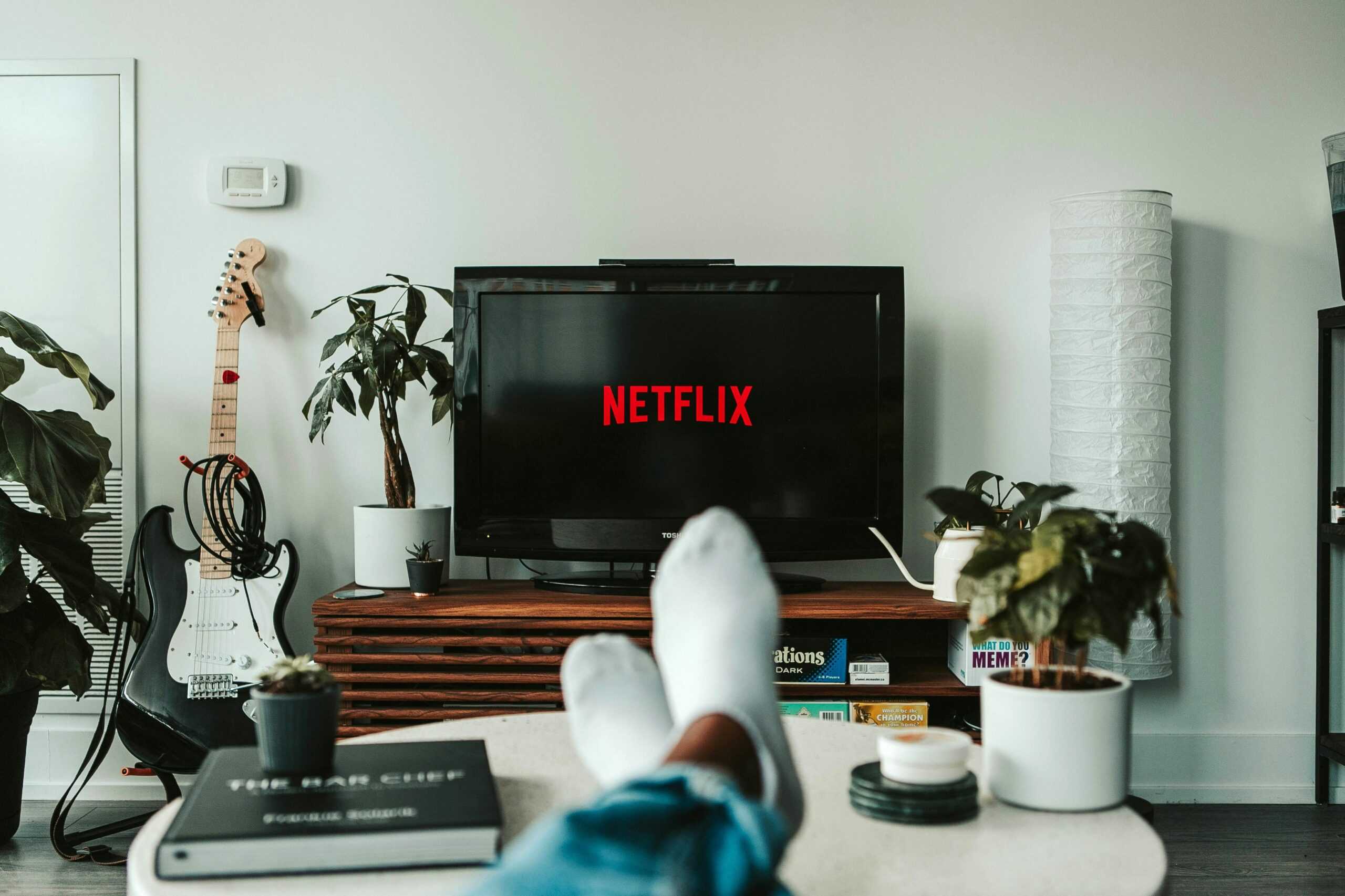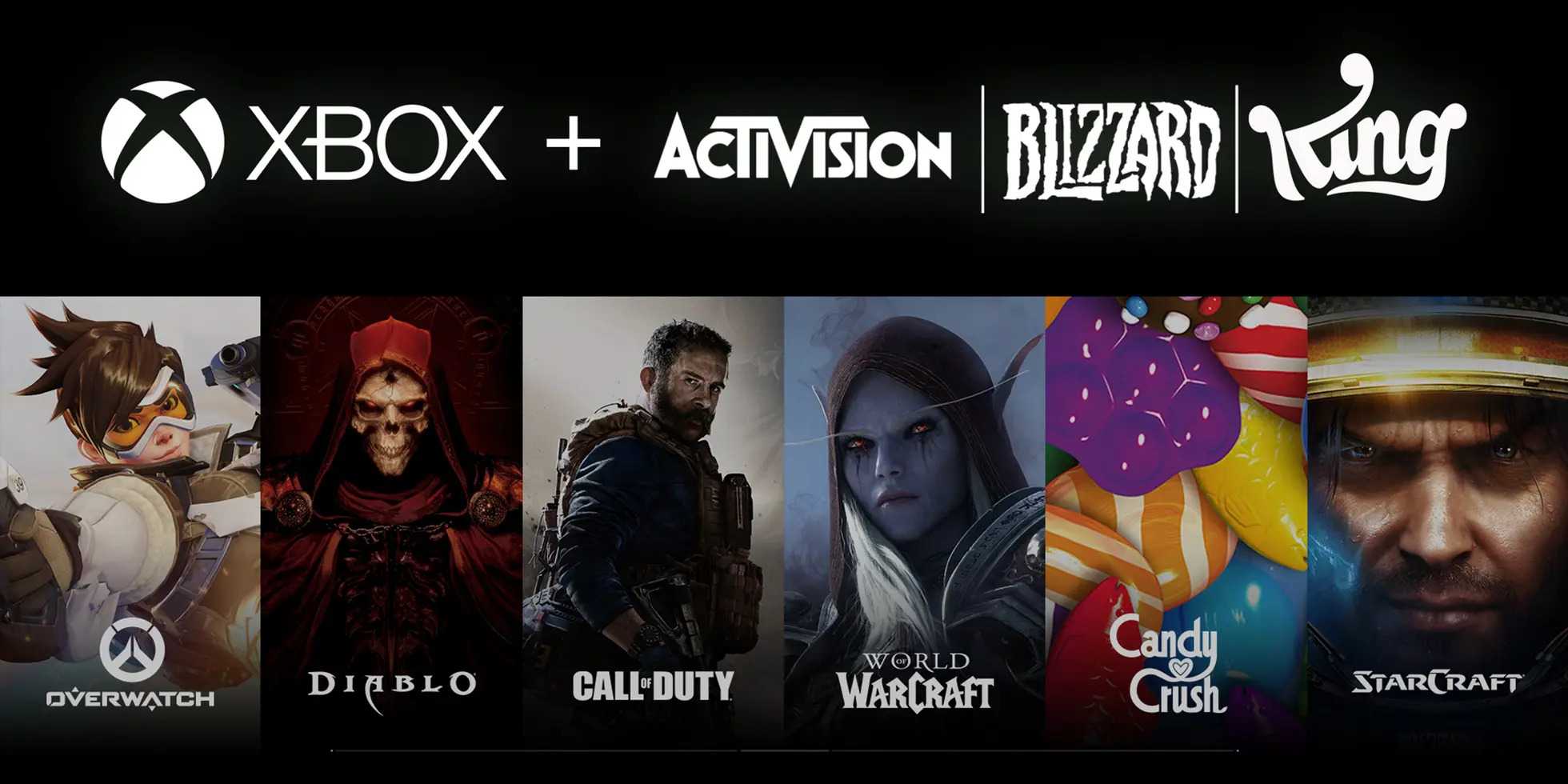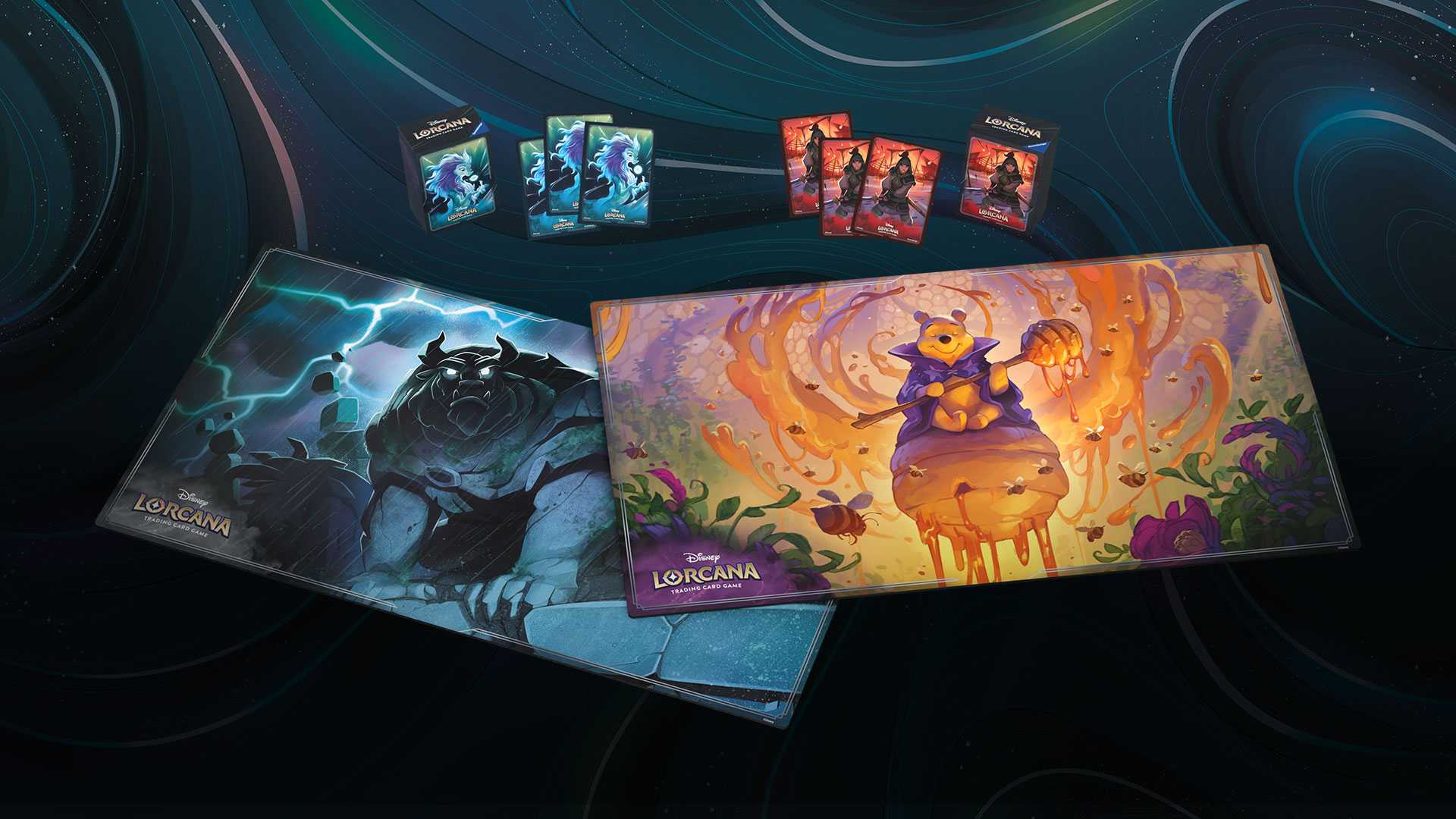NCAA sports games used to be yearly staples for EA Sports, alongside Madden NFL and FIFA. In 2015, a $60 million settlement awarded college players compensation for their appearances, and the NCAA decided not to renew its contracts with EA. At the start of July, a Supreme Court ruling directly led to the NCAA adopting a new NIL (name, image, and likeness) policy for its players. Under the new policy, college athletes will be allowed to pursue endorsements and branding deals, and EA has made its intentions clear: it wants to pay players for appearances in upcoming games.
In fact, according to Polygon, EA had lobbied the NCAA for some time to make an exception allowing them to pay players for their appearance in video games, but was rebuffed. Earlier this year, EA Sports had announced a return to college football, partnering with the Collegiate Licensing Committee on EA Sports College Football, but the plan was to develop the title without real players names and likenesses. The new NIL policy may ultimately change the publisher’s approach, but the plans are only in the exploratory phase at this point.
Football is the proverbial tip of the iceberg. With the NIL policy enabling college athletes to market their personal brands and accept pay for their names and likenesses being used, college basketball, baseball, and more are likely to follow. According to Interpret’s New Media Measure®, college baseball fans and college basketball fans both play more sports video games than college football fans; and fans of all three college sports do over index on playing sports video games compared to gamers overall.
College players have been quick to take advantage and seek sponsorships. Mirroring some of the sports-esports crossover we’ve seen in the NBA, NFL, and other leagues, some college athletes have already taken to Twitch to start up a channel and earn ad money. Florida State’s McKenzie Milton and Miami’s D’Eriq King even co-founded their own company, Dreamfield. As the NIL policy takes hold, sponsors will flock to the top athletes across colleges and universities while schools look to capitalize on the publicity. It’s a new day for college sports.







